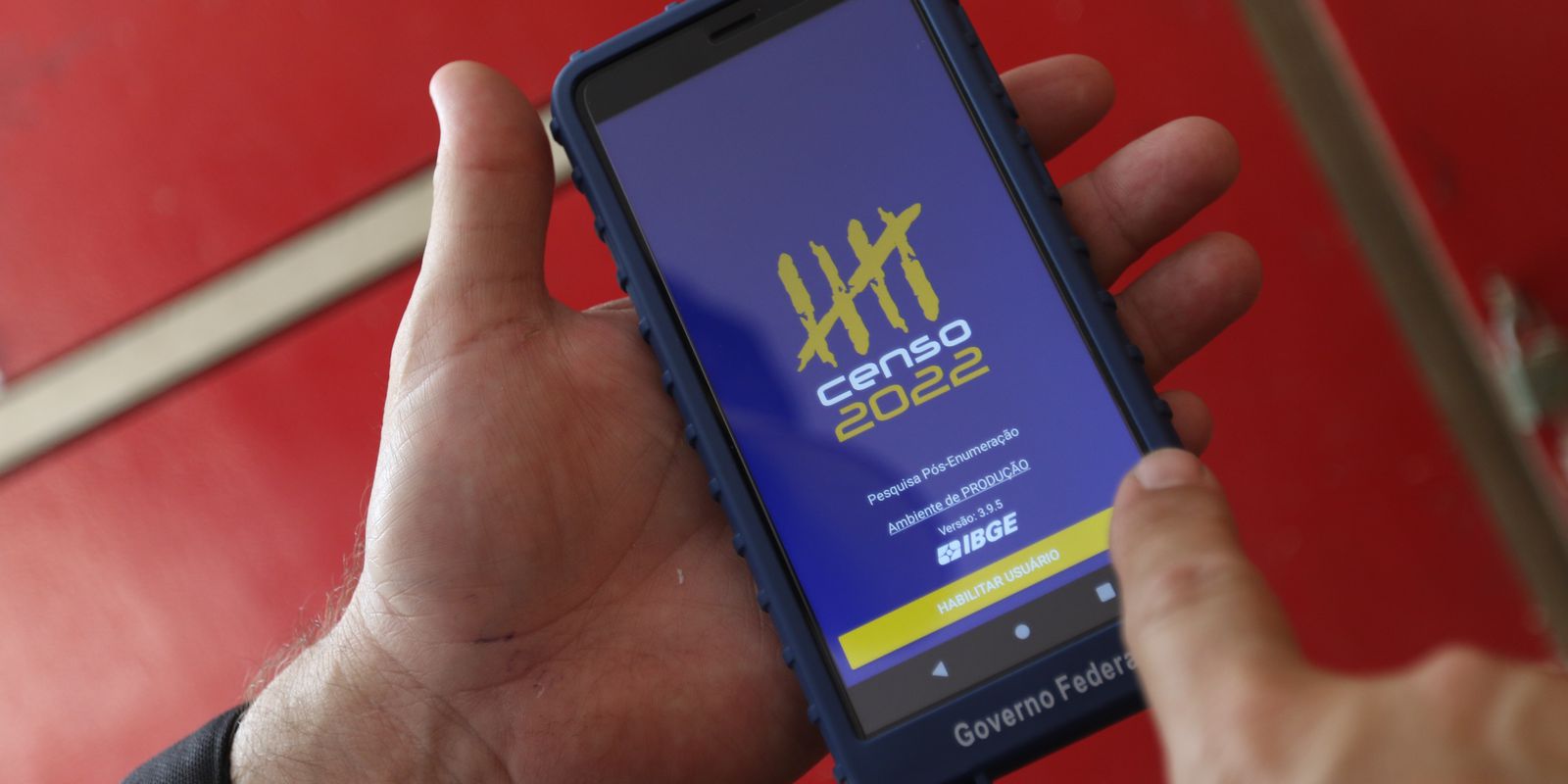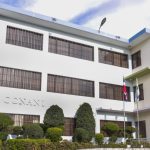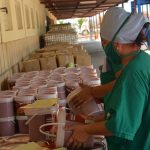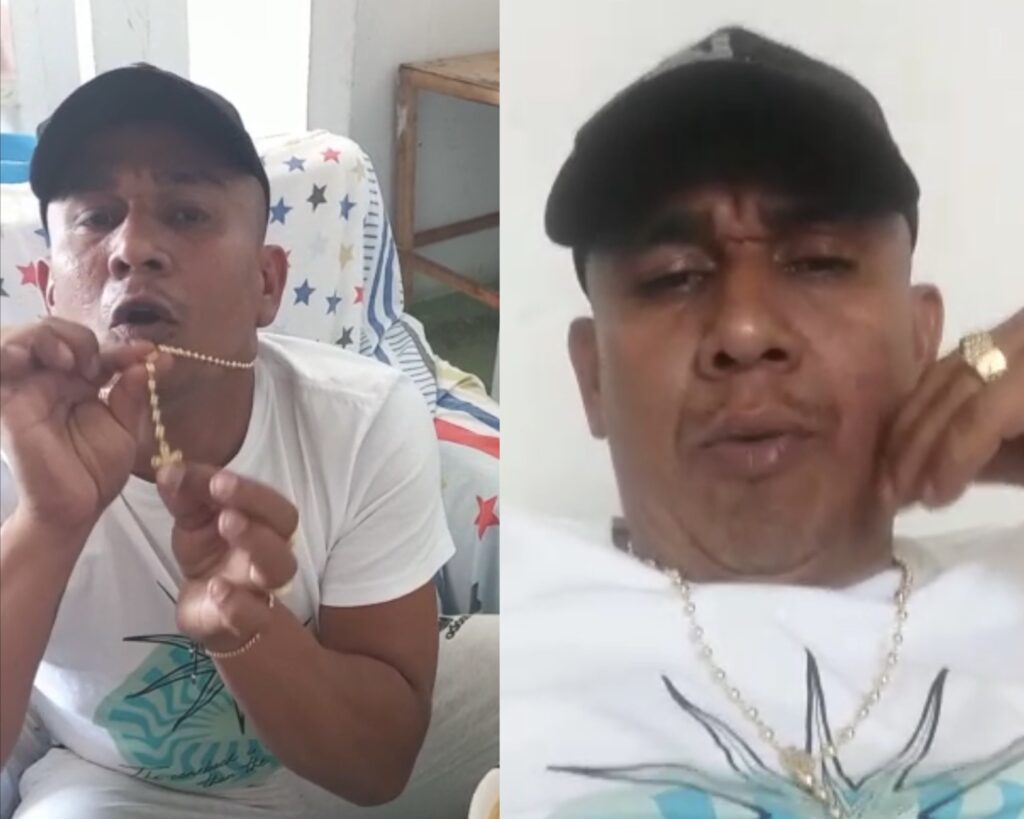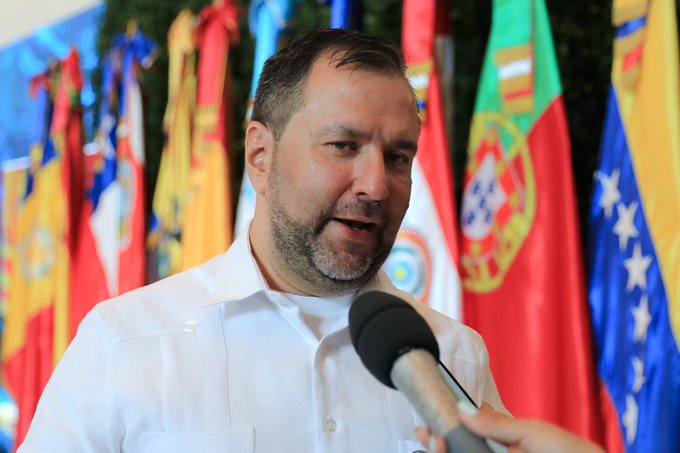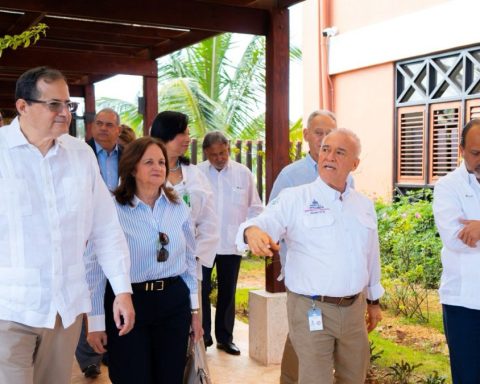Rio City Hall, the Brazilian Institute of Geography and Statistics (IBGE), the Data Favela Institute and the Central Única das Favelas (Cufa) are working in partnership to finalize the 2022 Demographic Census in Rio’s favelas. This Saturday (25), teams from these bodies participate in the Rocinha community, in the south zone, and in Complexo da Penha, in the north zone, in the Favela no Mapa action to encourage the population to respond to the survey and clarify doubts about the process, which is in the final phase of data collection.
The Pereira Passos Institute, a municipal body, has an old partnership with the IBGE in communities in Rio. “With our experience in programs such as Social Territories, which operate daily in these locations, we train community census takers specialized in Rio de Janeiro’s territory. We can also support the IBGE with a network of very powerful institutional local knowledge”, says the president of the Pereira Passos Institute, Carlos Krykhtine .
For the president of the IBGE, Cimar Azeredo, “the joint action is a demonstration that the institute does not measure efforts or resources in search of public or private partnerships capable of adding to the Census, Brazil, the Brazilians. We are doing unprecedented work in the history of censuses, despite all the challenges and difficulties we face and which have not made us back down”, he says.
In the north zone, the action takes place from 10 am, in Praça São Lucas, in Complexo da Penha. In the south zone, you can find the stand at Exit B of the São Conrado subway, close to Rocinha. “The census data is fundamental and works as indicators to guide public policies and guide decision-making by managers. That is why it is so important that all households in Rocinha are part of the registration and we are in this task force to mobilize the entire population”, explains the deputy mayor of the south zone, Flávio Valle.
The partnership with Cufa Brasil and Data Favela will help open doors for the Census, in its mission to advance data collection in communities across the country. In these places, in addition to absence and refusal, there are other problems such as the omission of homes (back or on the roof) and difficulties in access and circulation.
“The initiative guarantees the visibility of communities. The Census, as Brazil’s main survey, is fundamental for evidence-based public policies. With the Favela no Mapa partnership, society wins, the economy wins, Brazil wins”, says Renato Meirelles, founder of Data Favela.
After being postponed for two years due to the covid-19 pandemic and lack of funds, the 2022 Census has already heard from 91% of Brazilian households, but the challenge is to complete data collection in time to start the release scheduled for April or May. According to a Data Favela survey, between 16 million and 18 million Brazilians, which would be equivalent to the third or fourth state in the country, live in favelas and communities that are not always accessible to census takers.
With the work of a wide network of leaders from Cufa and Data Favela, the IBGE will expand access to a population that is often not easily accessed by IBGE agents. – whether due to the fact that most of the inhabitants of these communities spend most of their day working outside the home, the difficulties in finding homes due to the density of housing and the lack of addresses, or even the fact that census takers are received by people who, sometimes, prefer not to provide information.
The president of Cufa, Kalyne Lima, said that now the doors of the communities will be opened by the network of leaders and social activists, who experience the reality of these places from within. “Cufa is in almost all favelas in Brazil and we understand that this partnership is fundamental to facilitate access by the IBGE and give visibility to information related to residents, inserting them, in fact, in the map of Brazil for the construction of future public policies directed towards territories”.
In addition to the weekend’s actions, Rio City Hall is also working on the daily work of the 2022 Census. The Pereira Passos Institute has made available agents from the Municipal Social Territories program, residents of these communities, to assist in the search. The main objective is to find people who were absent at the time of the first visit or who refused to answer the questionnaire. Former municipal agents of the program, with experience in household surveys in the ten largest complexes of favelas in the city, were hired by the IBGE as census takers.
The Secretariat for Women’s Policies and Promotion participates in the action, helping to disseminate information through contact with community leaders and posting IBGE materials on equipment in the Mulher Cidadã Rooms and in the houses of the Carioca Woman. The Pacto pela Juventude project team, from the Carioca Special Youth Secretariat, will mobilize young people from the Rocinha and Maré nuclei to raise awareness of the importance of the Census.
